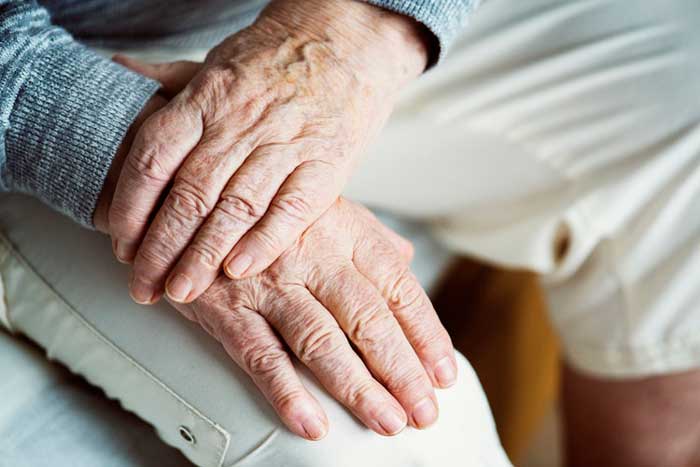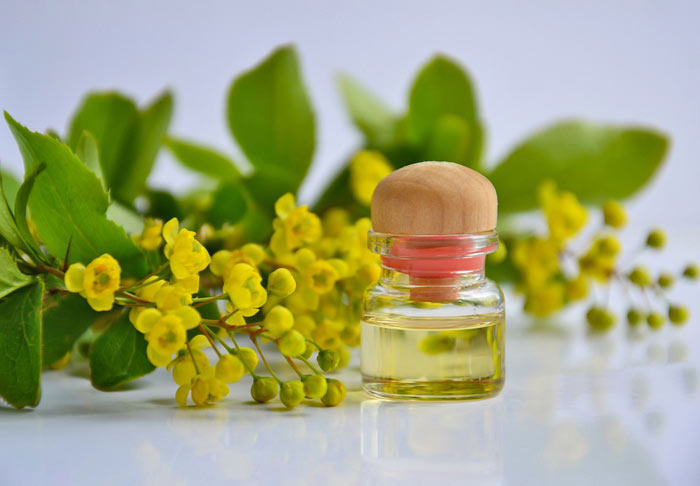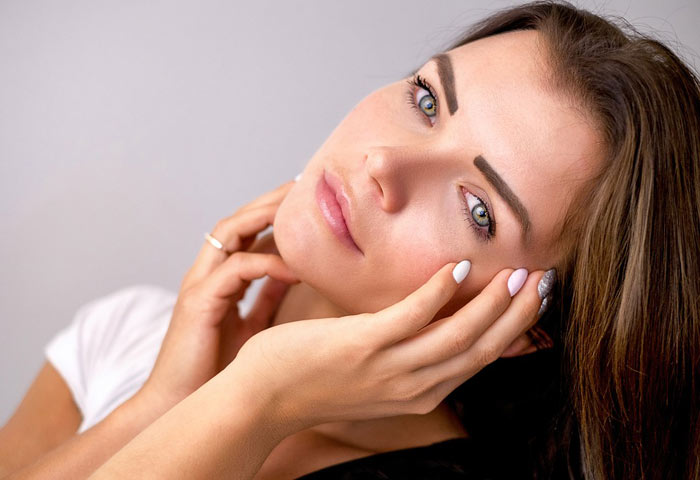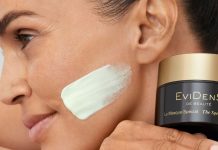Winter is a real challenge for our skin. Adverse weather conditions, sudden drops in temperature, strong wind, excessively dry air in the room due to central heating – all of these factors can not only significantly affect the condition of our skin, but also cause wrinkles. Read our tips on how not to age a couple of years in one winter.
 Winter problems and their causes
Winter problems and their causes
Due to seasonal hormonal changes and short daylight hours, our immunity weakens and endorphin production slows down. This leads to general chronic stress, and, together with a lack of vitamins, it provokes a persistent reduction in skin capillaries. This disrupts metabolic processes and blood supply, which greatly affects skin quality.
In addition, the horny layer of the epidermis thickens in winter, while sebum production slows down. Because of this, skin types change: oily skin acquires signs of the combination, combination skin becomes dry, and the latter suffers most – it becomes even more dehydrated, sensitive, tightened, and starts peeling off causing unpleasant sensations.
Dehydration of the stratum corneum leads to pronounced peeling and the appearance of noticeable scales, due to which the skin looks coarse and dry. Makeup becomes uneven, further emphasizing the imperfections.
How to preserve the health and youthfulness of your skin in winter?
1. Drink enough

In winter, many people consume significantly less water. Thirst is greatly reduced in the cold season. However, you need to keep the body’s water balance.
2. Eat properly
No wonder they say, “We are what we eat.” The health and beauty of our skin are directly dependent on our diet. In the cold season, many people prefer rich fatty foods, which are often washed down with a hot drink and followed by a sweet dessert. The consumption of fiber and vitamins is reduced sharply.
In winter, you need to add omega-3 fatty acids to your diet. They enhance skin metabolic processes and help protect it from external factors. Also, omega-3 fatty acids improve the functioning of the heart and help fight winter depression. They are found in fish (salmon, tuna, herring), nuts (almond, walnut) and vegetable oils (sunflower, olive, flax oil).
3. Take vitamins

Balanced vitamin complexes will help compensate for the lack of fresh fruits and vegetables in the diet.
4. Use a humidifier
This is truly an indispensable thing in winter. A humidifier allows you to quickly and effectively increase the humidity in the room. We also recommend keeping it on at nighttime.
5. Pick the right caring for cosmetics
In winter, you should take special care of your facial skin, so you may need to replace some of the usual products. It is not recommended to use soap, gels and facial cleansing with a high concentration of alkali. Such products destroy the lipid barrier of the skin greatly dehydrating it.
Wash your face only with mild products such as foam or milk with a high content of fats and waxes, hydrophilic cleansers, and creams for makeup removal. Do not wash your face with hot water – it can overdry the skin. After washing you should gently blot the skin with a soft towel or paper towel. Then you need to wipe it with a tonic to mitigate the negative effects of tap water, as well as to normalize the acid-base balance.

In winter, choose a thicker cream. Its composition must include components restoring the lipid barrier and protecting the skin from dehydration (fatty acids, ceramides, cholesterol, vitamins A, E, F, vegetable oils), as well as effective moisturizers providing the optimum level of moisture and creating a protective film (hyaluronic acid, urea, collagen, and glycerin).
In addition to basic skin care in winter, use moisturizing and skin restoring serums. An intensive moisturizing and soothing fabric or cream masks will become excellent SOS products.
However, it is not recommended to use peels and scrubs in winter. They will cause unnecessary skin injury and irritation, reducing its ability to withstand adverse weather conditions.
Particular attention should be paid to the most delicate areas of the face – the skin around the eyes and lips. The skin of these areas is thin; there are no sebaceous glands there, so it is these areas that suffer most because of the cold and dry air. Be sure to apply a nourishing lip balm and always have it close at hand. Do not lick your lips, especially in the cold wind! Use lip glosses or glossy lipsticks – they do not dry out the delicate lip skin. Put aside your matte lipsticks until the summer.

The skin around the eyes also needs intensive care. Choose denser creams with a high content of oils. At bedtime, it will be helpful to use special patches – they will quickly soothe the skin around the eyes and moisturize it intensely.
6. Prepare your skin for a winter walk in advance.
If you plan to spend much time outside, apply special protective thick creams to your skin 30 minutes before going outside. They will help not only protect the skin from the cold but also save you from frostbite. Apply the cream in advance so that it can be completely absorbed.
Despite the fact that we do not get enough sunshine in winter, we must remember that ultraviolet rays pass through even the densest clouds. Therefore, in winter it is also relevant to choose a day cream or foundation with an SPF of at least 20.

For maximum preservation of youth and health of your skin in winter, professional cosmetic care is recommended. Biorevitalization and restoration procedures using professional cosmetics will provide maximum skin moisture and allow you to meet the spring in all your glory.










